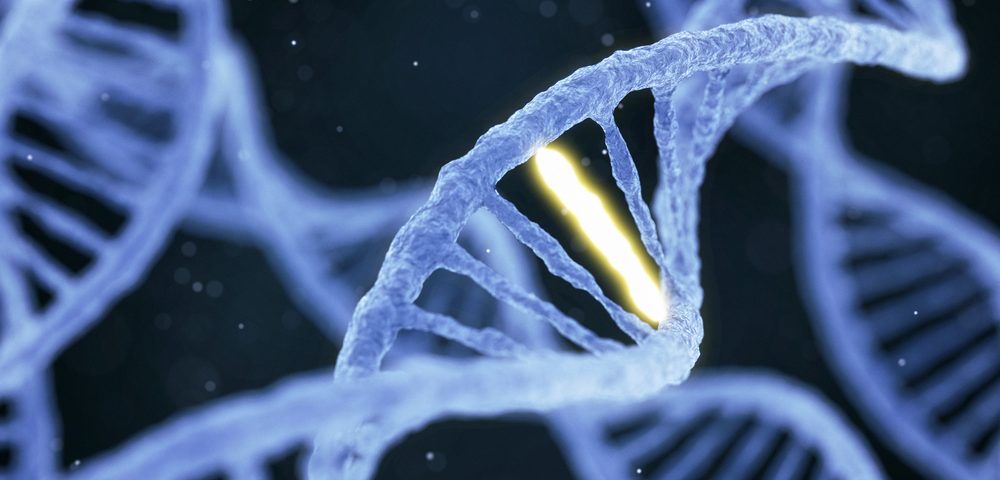While dysregulation of the urea cycle gives a growth advantage to cancer cells, it also makes them more amenable to immunotherapy, a study reports.
The study, “Urea Cycle Dysregulation Generates Clinically Relevant Genomic and Biochemical Signatures,” was published in the journal Cell.
When present in excess levels, nitrogen is converted by the liver into a compound called urea through a process called the urea cycle (UC). Urea is then secreted into the bloodstream and excreted in the urine.
Proteins that catalyze reactions, called enzymes, that are part of the urea cycle can be mutated, and therefore inactive, in some cancers. This, of course, reduces the efficiency of the urea cycle and increases the availability of nitrogen.
Nitrogen is also used to create molecules called pyrimidines, which are the basic building blocks for RNA and DNA molecules. Increased availability of pyrimidines allows for increased levels of RNA and DNA, which enables cells to grow without restriction — contributing to increased cancer cell growth.
Scientists hypothesized that urea cycle dysregulation (UCD) may represent a widespread growth benefit for cancer. Consequently, unraveling the effects of UCD in cancer can hold promising diagnostic and therapeutic opportunities.
Researchers at the Weizmann Institute of Science in New York, in collaboration with colleagues at the National Cancer Institute, found that a dysregulation in the urea cycle pushes extra nitrogen molecules toward another pathway — known as the CAD pathway — involved in pyrimidine synthesis. These alterations lead to increased pyrimidine levels in the tumor and predispose cancer cells to mutations.
By manipulating the expression of urea cycle enzymes within colon cancer tumors in mice, these animals had lower urea levels in the blood as well as detectable pyrimidine levels in the urine.
The team then surveyed medical records of 100 pediatric cancer patients and checked for their urea levels.
“We found that on the day of their admission to the hospital, children with cancer had significantly decreased urea levels in their blood, compared with documented levels of urea in healthy children of the same age,” Ayelet Erez, MD, PhD, the study’s lead author, said in a press release.
These findings suggest that dysregulation of the urea cycle in the liver and in tumors can lead to generation of nitrogen-related markers that could be useful in the early detection of cancer.
“Standard laboratory tests check for high levels of urea in blood, but we are now showing that low levels can also signal a problem,” Erez said. “Cancerous cells don’t waste anything, they make use of as much nitrogen as possible instead of disposing of it in the form of urea, as do normal cells.”
This means that, in the future, tests could rely on both levels of urea in blood and pyrimidine in urine for the early detection of cancer cells in the body.
Using large-scale data, researchers discovered the mutations associated with dysregulation of the urea cycle are present in different types of cancer. These mutations were attributed to increased pyrimidine levels.
By inducing dysregulation of the urea cycle in a mouse model of colon cancer, tumors were able to grow more but were also more susceptible to anti-PD1-based immune checkpoint therapy (ICT).
This means that while these mutations confer an advantage to the tumor in regards to growth, at the same time, they make the tumor more amenable to treatment with immunotherapy, such as anti-PD1 therapy.
If these results are confirmed in future human studies, it could mean that using a biopsy to test if tumor tissue has a dysregulation in the expression levels of urea enzymes may help predict whether a patient is more or less likely to respond to immunotherapy.
“Yet another possibility worth exploring is whether genetic manipulation of the tumor to induce such dysregulation prior to immunotherapy can increase the therapy’s effectiveness,” Erez said.


